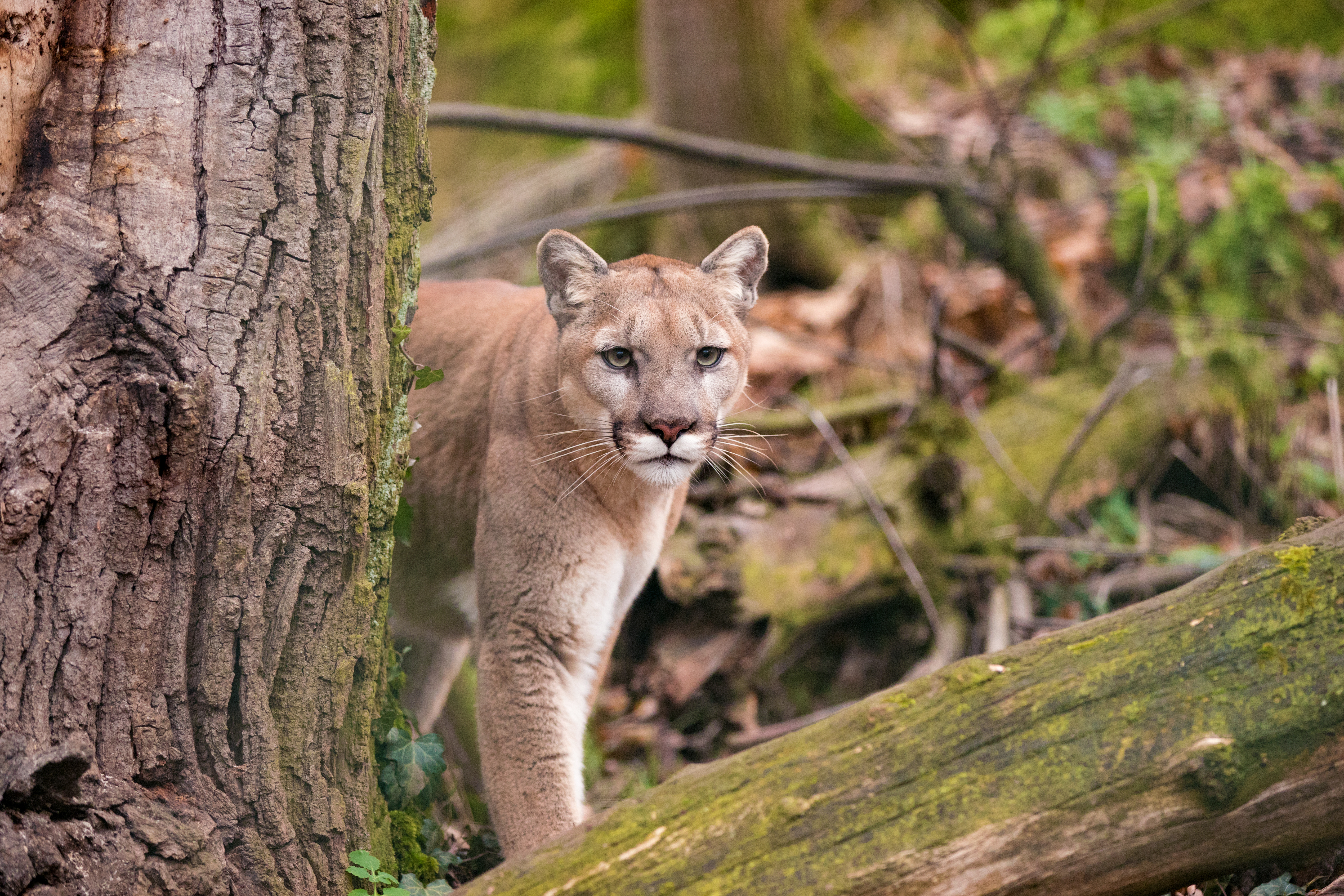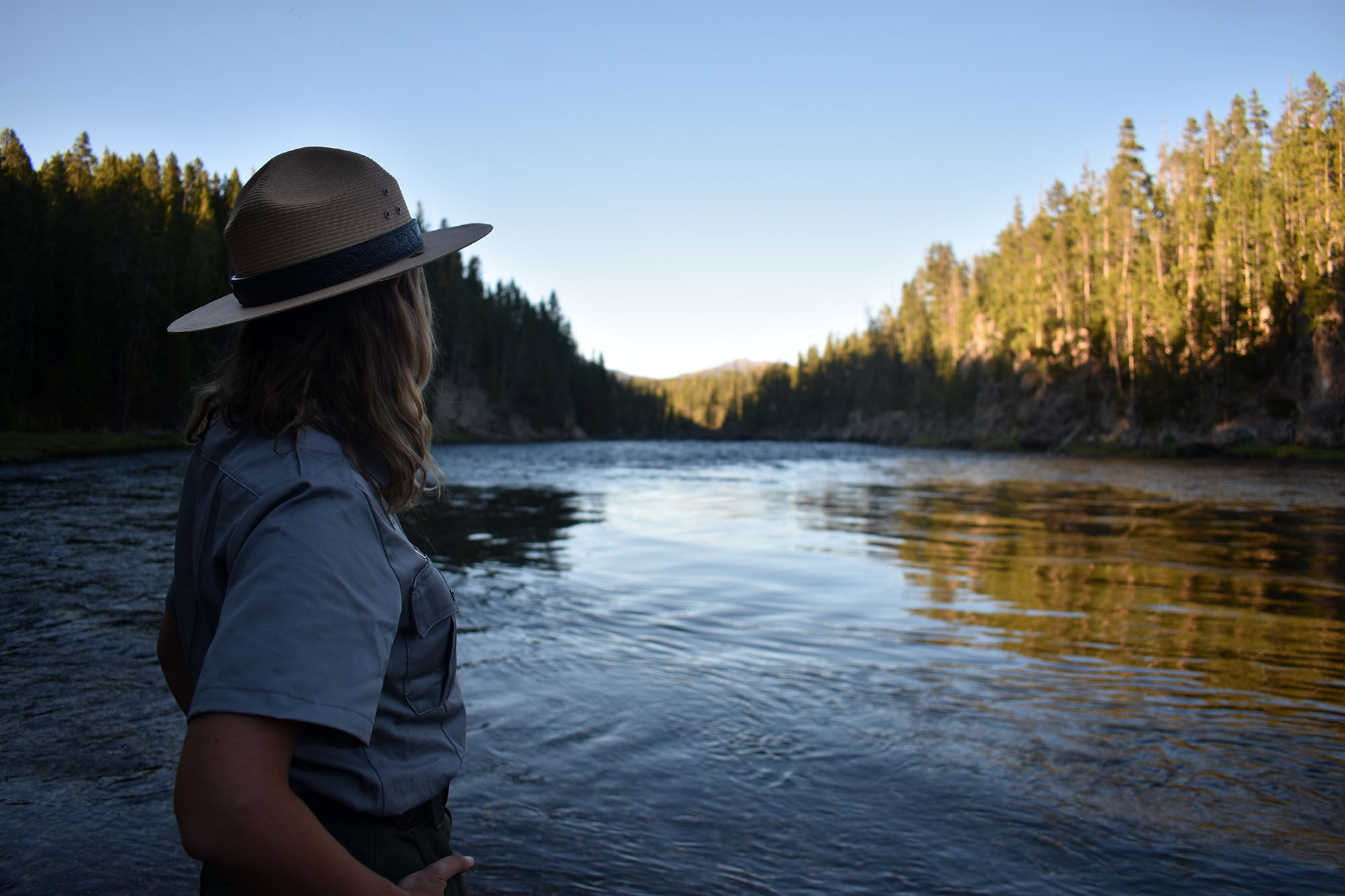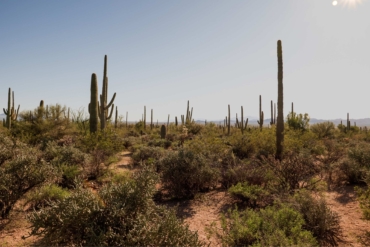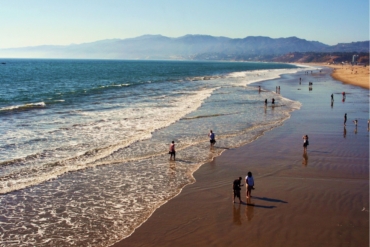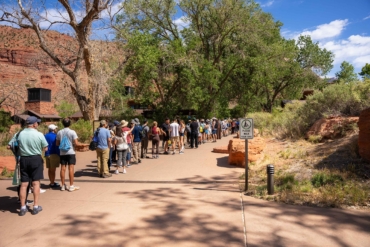Rumpl’s down blanket just got way lighter, smaller, and warmer. But you’ll have to pay for its premium, ultralight status.
The Rumpl new Featherlite Blanket ($399) is pricey, but hear us out. It’s the brand’s lightest, warmest, and most packable blanket yet. Rumpl built this new blanket for those looking for an ultralight quilt option.
It has extremely high-quality 800-fill power goose down insulation (as opposed to the brand’s synthetic fill or 600-fill power duck down), a DWR-coated exterior, and the same great included features (like corner loops and a stuff sack).
In short: If pack weight and pack space matter, Rumpl’s new Featherlite down blanket could be your go-to choice for warmth on the trail.
When I was offered one of these blankets to test, I honestly thought long and hard about it. It’s very expensive for what I would normally spend on a camping “accessory.” But the more I carried it (it’s much more packable than an original Rumpl) and used it, I realized its potential may be worth the price.

Rumpl Featherlite Blanket Specs
- Materials: 800-fill power goose down, 10-denier ripstop polyester
- Features: Corner stake loops, cape clip, emergency whistle, included stuff sack with compression straps, reflective accents
- Size: 1-person, 52″ x 75″
- Packed size: 5″ x 8″
- Weight: 1 pound
- Price: $399
One of my favorite things about the new Featherlite blanket is its packability and reflective accents. It packs down smaller than my compression-stuffed sleeping bag and is only slightly larger than my lightweight Klymit Static V sleeping pad. And the packability is total thanks to the new materials, namely the down-filled baffles and lighter-weight fabric.
While Rumpl went with a lower-denier fabric to keep weight down, the water-resistant coating on the blanket performs really well. It gives me peace of mind that just because this product is more expensive, doesn’t mean it’s more fragile and can’t perform outside.

This down is also treated with a hydrophobic chemical, meaning it repels water and stays dry in damp or humid weather. Rumpl refers to the construction and coating they give these blankets as “weather resistant.” That means you can sit down with it in a damp meadow, sleep outside, and not worry about damage from dew and such.
In my one week of testing the Featherlite, I didn’t notice any snags or down leaking out. I did notice it’s a little thinner than what you’d expect. After a couple of nights, I found it best to unstuff it and fluff it out in my tent a few hours before I actually wanted to use it. If you’re backpacking, you could also just loosen the compression straps (included in the roll-top stuff sack).
While we haven’t tested the Featherlite with kids or dogs (compared to Rumpl’s other products), we will note that the exterior fabric has a lower denier rating, which essentially means it’s thinner and less durable. (Denier measures the weight of the yarn in the fabric.) And at $399, we doubt you’d be using this as a dog blanket.
That’s not to say the Featherlite didn’t perform great being dragged across a campsite of pine needles, grass, and dirt, but we wouldn’t push the limits on ruggedness. With any piece of gear, if you want to gain ultralight weight and better packability, durability is gonna have to give.
Comparisons
Compared to an original Rumpl, the Featherlite is lighter, smaller, and warmer. It’s no contest. But yes, you’ll pay for that upgrade.
Then compare it to a competing product in the blanket market, like Patagonia’s new puffy quilt, and things get interesting. Head to head, Rumpl’s Featherlite and Patagonia’s Macro Puffy share a lot of similarities. They both have a 10-denier ripstop fabric, DWR-coated exterior, and corner loops; but they differ wildly in packed size, insulation type, weight, and price.
If you’re going to buy a technical camping blanket, the right one really comes down to the features you want and are willing to invest in. Want a super-packable and light blanket with quality warmth? Consider the new Rumpl Featherlite.
Overall, we loved the Featherlite in testing. We noticed its impressive warmth-to-weight ratio and its slightly better warmth compared to other down blankets on market. But is it worth the hefty $399? You be the judge.




